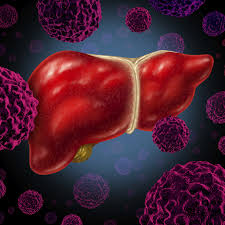Hepatitis B is a serious life-threatening liver infection which is caused by the Hepatitis B Virus. It can be acute (short-term) for some, and chronic (last more than six months) for others.Most adults with Hepatitis B infection recover fully, while children are more likely to develop a chronic (long-lasting) hepatitis infection.
Approximately 19 million people in Nigeria are living with Hepatitis B infection. According to a report by the World Health Organisation (WHO), 296 million people were living with Hepatitis B infection and 820,000 deaths were associated with Hepatitis B infection in 2019.
Hepatitis B infection is transmitted by contact with infected body fluids (blood, semen, or sweat). This can occur through sexual contact, sharing of needles and blades, tattooing, piercing, accidental needle stick injury and from an infected mother to her baby during pregnancy.
The risk factors of Hepatitis B infection are unprotected sex, multiple sex partners, young age, sharing of sharp objects, homosexuality, living with an infected person, an infant born to an infected mother, travelling to highly endemic areas, blood transfusion and drug addiction.
Not every infected person shows symptoms of Hepatitis B infection. Meanwhile, some other people show symptoms such as dark urine, fever, joint pain, abdominal pain, loss of appetite, nausea, vomiting, weakness, fatigue, jaundice and clay-coloured stool.
Chronic Hepatitis B infection increases the risk of liver failure, liver cancer and cirrhosis.
Laboratory diagnosis of Hepatitis B infection is by blood tests (HBsAg, Anti-HBs and Anti-HBC) and Liver Biopsy. This infection can be prevented by vaccines and antiviral prophylaxis. Treatment is by antiviral medications, injections and transplants.
Early detection of Hepatitis B facilitates quick intervention. Visit MedBioTech for your blood tests.
References:
www.cdc.gov
www.hepb.org
www.mayoclinic.org
www.who.int

